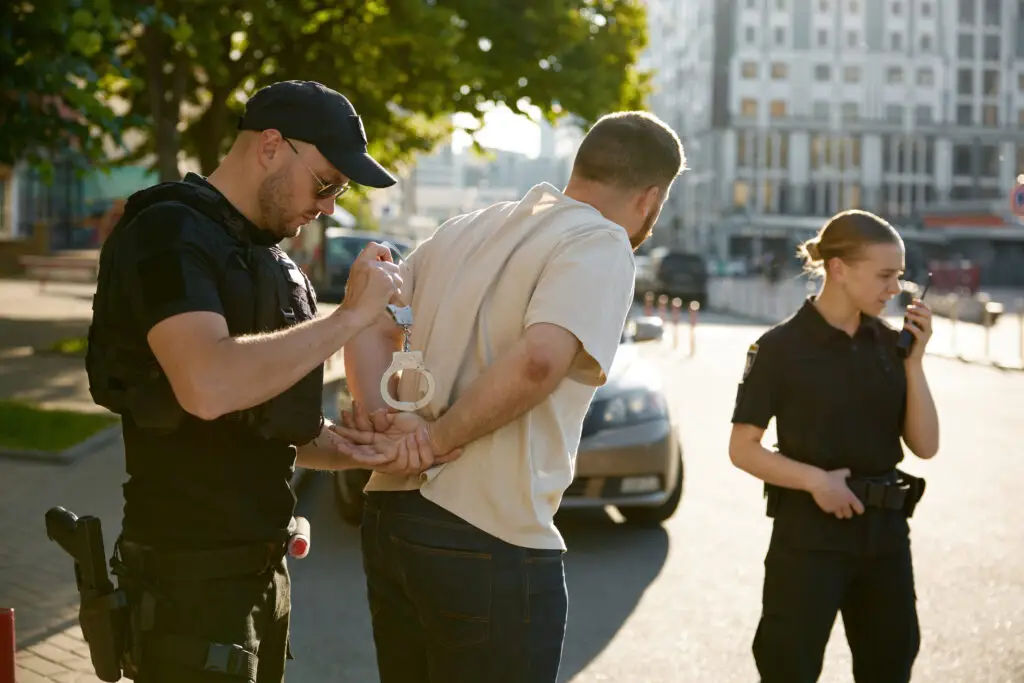Under What Circumstances Can the Police Arrest Me?
Understanding when the police can lawfully arrest you is essential for protecting your rights and ensuring that the proper legal procedures are followed. In Canada, law enforcement officials must adhere to strict guidelines before being able to make an arrest. This article explores the legal framework surrounding arrests, common scenarios where police are empowered to arrest individuals, and what you should do if you are detained or taken into custody.
Table of Contents
The Legal Basis for an Arrest in Canada

The authority for arrests in Canada is primarily derived from the Criminal Code of Canada and the Canadian Charter of Rights and Freedoms. According to the Criminal Code, an officer can lawfully arrest someone when they have reasonable and probable grounds to believe that a person has committed or is about to commit an offence. The Charter provides additional protections to ensure that individuals are treated fairly during the arrest and subsequent detention.
Section 8 of the Charter protects against unreasonable searches and seizures, while Section 9 guards against arbitrary detention or imprisonment. Section 10 guarantees the right to be informed of the reasons for the arrest and to quickly consult with legal counsel. Understanding these protections is critical in evaluating whether an arrest was lawful or if it can be challenged in court.
Arrest With a Warrant
Another scenario for lawful arrest is when the police obtain an arrest warrant. A warrant is a legal document issued by a judge or justice of the peace, granting law enforcement the authority to arrest an individual.
Police can obtain a warrant if they present sufficient evidence to convince a judge that there are reasonable and probable grounds to believe a person has committed a crime or failed to appear for fingerprinting as required. During an arrest under an outstanding warrant, the officer must identify themselves and provide details about the warrant if requested. The individual must be informed of the reasons for the arrest and their right to legal counsel.
If an arrest is made under a warrant, it is difficult to challenge its legality unless there was an error in obtaining or executing the warrant.
Arrest Without a Warrant

In many cases, police are allowed to arrest someone without a warrant. However, they must have reasonable and probable grounds to believe that the individual has committed or is in the process of committing a criminal offence. Police can make on-the-spot arrests when a crime is committed in their presence, when they have reasonable and probable grounds to believe a person has committed an indictable offence, or when they believe the individual is about to commit an indictable offence or is breaching the peace.
Officers may also arrest individuals without a warrant if they believe it is necessary to prevent harm to others or to preserve evidence. However, these arrests are more vulnerable to legal challenges. If the police did not have sufficient grounds or acted arbitrarily, the arrest could be deemed unlawful, potentially leading to the exclusion of evidence obtained during the arrest.
Citizen’s Arrests
Under Section 494 of the Criminal Code, even private citizens have the authority to arrest someone under certain conditions, often referred to as a “citizen’s arrest.”
A citizen’s arrest is legal when a person is caught committing an indictable offence, has committed a criminal offence and is being actively pursued by police, or is found with property taken during a crime. The individual making the arrest must inform the person of the reasons for the arrest and deliver them to law enforcement officials as soon as possible. Unlawful citizen’s arrests can lead to charges of unlawful confinement or assault, so caution is advised.
Common Grounds for Arrest

Lawful arrests typically arise from specific circumstances. Police can arrest you immediately if they witness you committing a crime, such as theft, assault, or impaired driving. They may also arrest you based on reasonable and probable grounds for criminal activity, which can include credible evidence, witness testimony, or their own observations.
Violating court orders, such as bail conditions, probation, or restraining orders can lead to arrest. Additionally, if an individual poses an immediate threat to public safety or is involved in a public disturbance, police can intervene and arrest them to maintain the peace.
What Happens After You Are Arrested?
After being taken into custody, several procedures are followed to ensure compliance with Canadian law. The arresting officer will inform you of the charges against you and your rights to speak to legal counsel under Section 10 of the Charter. You should be allowed to contact a lawyer within a reasonable period of time to seek legal advice and may be searched for safety reasons, with any items found being potentially confiscated or used in evidence against you.
For minor offences, you may be released with a summons to appear in court. For more serious offences, you may be held in custody until a bail hearing is conducted. Failure to comply with the procedural requirements during the arrest can provide grounds for challenging the legality of the arrest, potentially leading to having evidence excluded or the charges stayed or dismissed.
Challenging an Unlawful Arrest
If you believe that you were unlawfully arrested, you can challenge the arrest in court. Grounds for challenging arrests include the police having a lack of reasonable and probable grounds or evidence for the arrest, failure to inform you of the reason for the arrest or your right to legal counsel, and other procedural errors during the arrest or subsequent detention.
Legal remedies may include filing a Charter application to exclude evidence obtained through an unlawful arrest or search and seizure, or filing a Charter application to have charges stayed for a wrongful arrest or arbitrary detention. An experienced criminal defence lawyer can assess the specifics of your case and determine whether the arrest was lawful.
What You Should Do If You Are Arrested
Knowing how to respond to an arrest can protect your legal rights and improve your chances of successfully challenging any violations of those rights. It is important to stay calm and cooperate with law enforcement, as resisting arrest just leads to the police exerting additional force and laying additional charges. Exercise your right to remain silent and avoid providing information other than your name to the officers. Request to speak to legal counsel as soon as possible to ensure that your rights are protected. A criminal defence lawyer can guide you through the process, helping you to understand the charges against you and any available defences.
Contact Shim Law Today

Understanding the circumstances under which police can lawfully arrest you is crucial for protecting your rights. Across Canada, police must follow specific legal procedures when making arrests, and any violations of the procedures may provide sufficient grounds for challenging the arrest in court.
If you have been arrested, or believe your rights were violated during an arrest, seeking legal counsel from a firm like Shim Law can help you navigate the complexities of the legal system and achieve the best possible outcome for your case. Please contact Shim Law today at (587) 391-9580 or book an online consultation to learn more.












